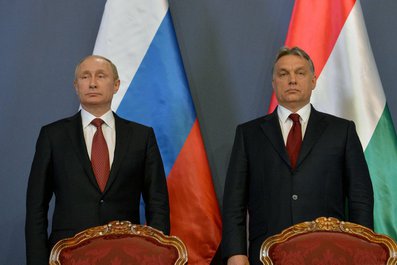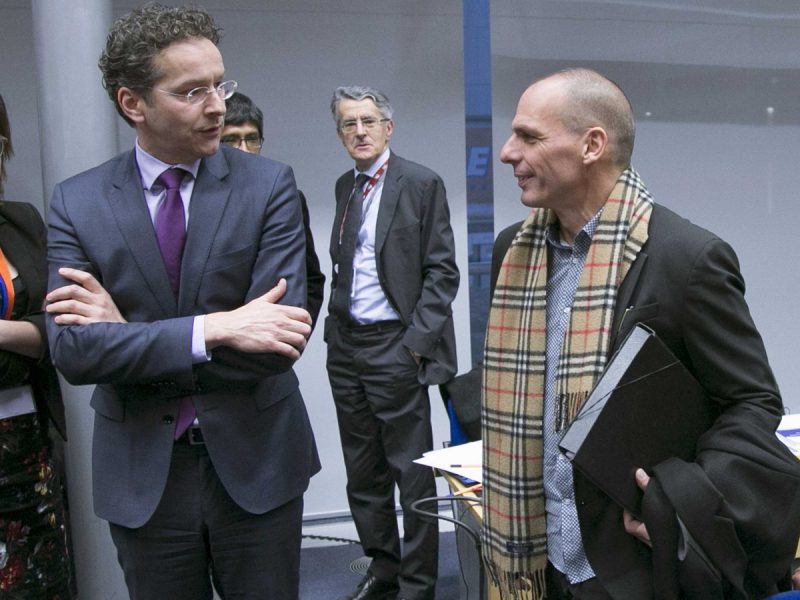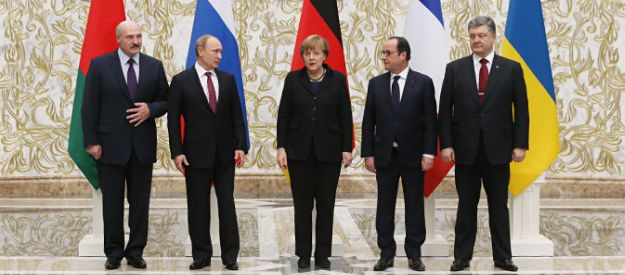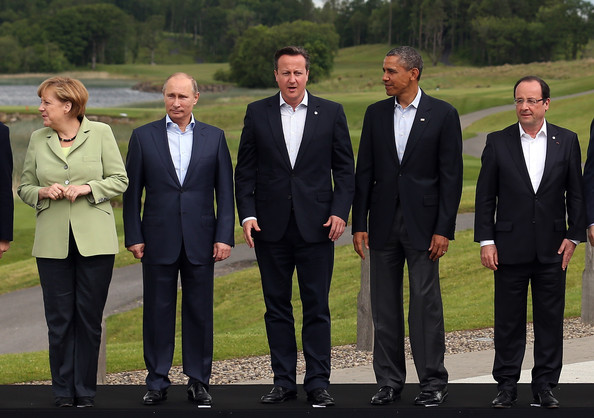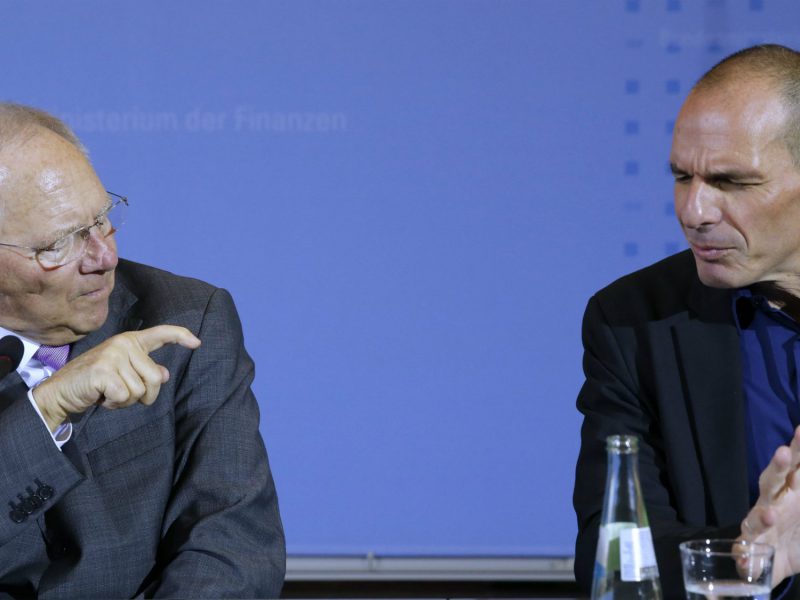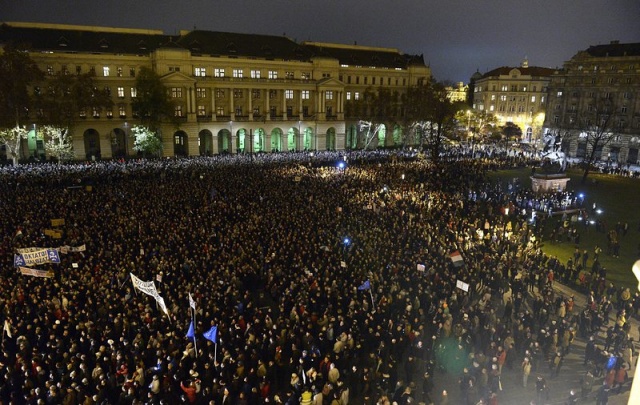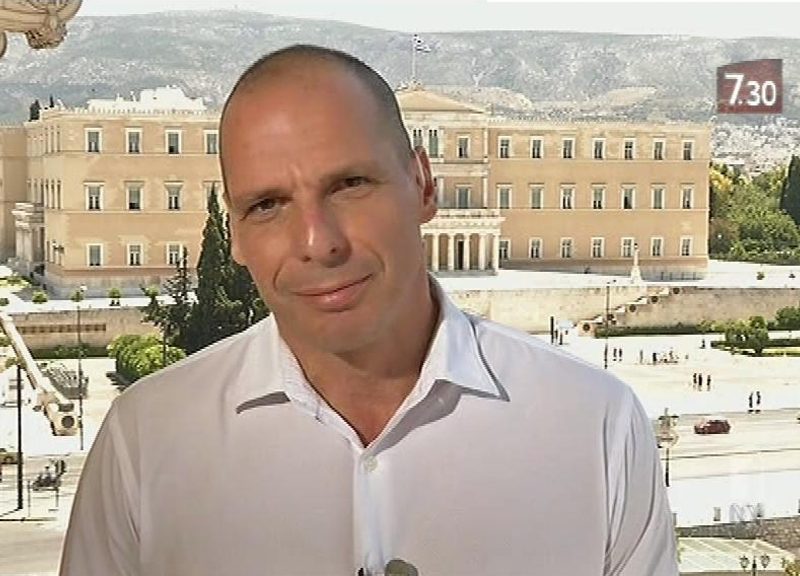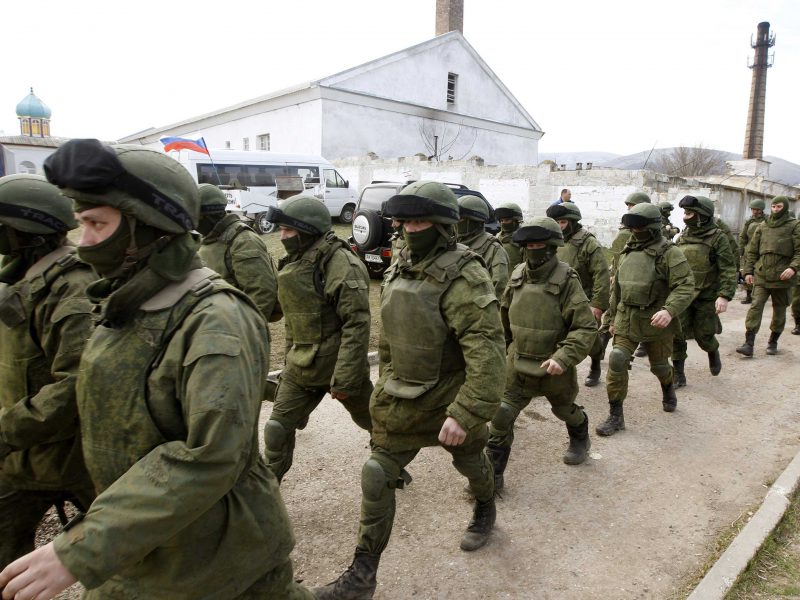New Belgian database of “foreign fighters”
Returning from a visit to the United States, where he took part in the White House Summit on Countering Violent Extremism, the Belgian Security and Home Affairs Minister, Jan Jambon, announced this week the creation of a new database on jihadists. The database will include information on the 380 persons known to have connections with terrorists groups affiliated with ISIS. A delicate balance needs to be struck between law enforcement and respect for human rights.



